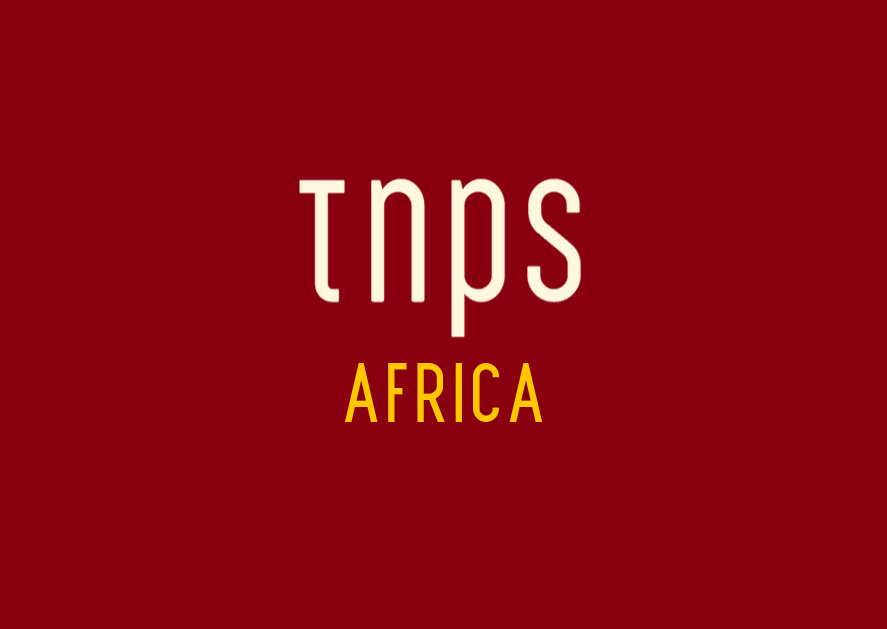Much of the world has simply skipped the entire landline/PC/dialup era and almost overnight gone straight from never dreaming of owning a phone and never having seen a computer, to having a 5G smartphone in their hands.
At the Ghana International book fair this month, the Chairman of the African Publishers Network (APNET), emphasised the importance of integrating Artificial Intelligence (AI) thoughtfully into African systems to foster development. Speaking at the Ghana International Book Fair (GIBF) themed “Books and Culture in the Era of Artificial Intelligence,” he warned that neglecting this integration could stifle creativity and innovation in future generations.
Lawrence Njagi was quick to stress that while AI can complement human efforts, it cannot replace the human brain’s complexity. He urged publishers to use AI cautiously, ensuring they synthesise and verify AI-generated information, arguing that despite its challenges, AI can aid in content creation for education, information, and entertainment, but should not be the core of daily operations.
Barbara Clemens, Director of the World Food Programme, noted AI’s potential to preserve cultural heritage through digitisation, making ancient manuscripts and rare books accessible globally. She stressed UNESCO’s commitment to using AI to promote cultural diversity and creativity responsibly. AI tools are revolutionising the creative process, enabling new literary expressions and breaking down language barriers through AI-powered translation tools.
This was not the first foray into AI issues in Ghana’s publishing industry. Back in April Asare Konadu Yamoah, President of the Ghana Publishers Association, said “AI should not be seen as a replacement of human creativity but a tool that changes and improves what we can create, making it easier, more efficient and opening opportunities for transformational innovations that were previously unimaginable.”
Stepping back to look at the bigger picture, AI is a truly global phenomenon, and one that might even prove so disruptive as to upset the north-south (First/Third World) balance of technological advance in some industries, such as publishing.
We in the west complacently assume that because we are at the cutting edge of these new technologies, we will forever have the advantage, but the reality on the ground suggests that may not be as set in stone as we might think.
Let me take personal perspective to illustrate the point.
I’ve been back and forth to The Gambia, here in West Africa, since the last century, but only in 2010 was it remotely feasible for me to move here and pay my way online. Even then, I had to make daily trips to a hotel in the tourist zone for an unreliable and crazy-expensive dial-up connection.
In countries like The Gambia landline phones were the luxury of the rich, traditional public call boxes were unknown here, and even the tourists would need to go to an international call centre to connect with family back home.
The first internet cafes here in the 2010s were dial-up swimming in treacle, and limited to bigger towns. For most of the country, and the population, the internet did not exist. Laptops were and still are hellishly expensive, and mains-connected desktop PCs a recipe for disaster in a land where the electricity supply defines the very word unreliable.
Most people here have never owned a laptop or even seen a PC.
Repeat for much of the continent and much of the world.
I defer to an anecdote I often cite here, from 2019.
Back then I had an old desktop PC and associated desktop monitor the size of a tank on my desk for the kids to practice keyboard and mouse skills, and play simple games between power outages.
A neighbour came in, never having seen anything like it before, and when I explained what it was, she fell about laughing, whipped out her smartphone, took a picture and sent it to all her friends on WhatsApp.
And this is what we in the complacent west all need to try understand: That much of the world has simply skipped the entire painful lesson-learning landline/PC/dial-up era and almost overnight gone straight from never dreaming of owning a phone and never having seen a computer, or even a typewriter, to having a 5G smartphone in their hands.
Which also means they have never been fed a diet of sci-fi horror stories abut robots and AI taking over the world, and they never had to watch workers laid off as industries modernised, and so they they can perhaps look more rationally at AI than many in the west are managing to do.
Just compare the reasoned and rational arguments Lawrence Njagi put to the Ghana International Book Fair compared to the demented rants of the Luddite Fringe in publishing led by the likes of Nicola Solomon.
It’s early days in the AI publishing era, and there is every chance many future leaps forward will come not from the clunky, complacent First World players constantly fighting the Luddites, but from fresh-thinking international digital natives unencumbered by painful memories of dial-up and desktops.
This post first appeared in the TNPS LinkedIn newsletter.




